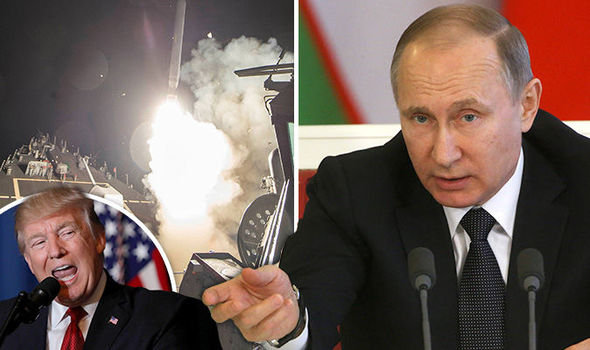
The Hostility in the Hearts of Those American Legislators
U.S. House Minority Leader Nancy Pelosi even said, “You can almost hear the leadership of the Chinese government laughing from China to America. Maybe you can feel it coming through the ground, because if you dig a hole here, you will reach China. But the reverberation is so appalling." This will easily remind the Chinese people of the famous comment by Chairman Mao that we should support whatever our enemies oppose and oppose whatever our enemies support. But Mao said this at the start of the second Sino-Japanese War to call for unity against Japanese aggressors. Is there currently a state of war between the U.S. and China? Of course not. Why does Pelosi want to make China out to be the enemy? Well, this is American politics.
Pelosi’s mocking of President Trump presupposes one thing ⎯ that China is America’s “enemy” ⎯ that what is bound to make China happy is whatever makes the U.S. unhappy. China definitely has not yet really become America’s enemy, but assuming that China is the “enemy” is very easy in the current U.S. political climate. With comments like this, it is not difficult to see the failure of U.S. politics today. It is normal for those who have just come into office to oppose those who have just left, and those who have just left office to rebut this.
The U.S.−Sino relationship is important; it is often at the center of disputes both between and within U.S. political parties, and has become the weapon of choice with which to attack opponents. China is thus often unnecessarily attacked without provocation. This is the real pity of U.S. politics.
Since President Trump’s visit to China, although Washington has not revealed a complete China strategy (perhaps this is a definite strategy), Trump has contacted and talked with China’s highest leaders many times, and has even made it clear that he believes both sides wish to avoid a trade war or similar conflict, find common ground and resolve a few difficult issues. This kind of pragmatic approach creates a stable developing foundation for bilateral relations.
What makes people uneasy is that this approach is being hindered by intense political infighting in Washington. A few media outlets have already started using the phrase “Chinagate” around Trump in addition to “Russiagate.” Fundamentally, this infighting has meant President Trump has less energy to devote to formulate important foreign policy. Diplomacy is a continuation of a country’s internal affairs. Ever since Trump took office, America’s internal affairs have seen continuous and dramatic change; the intense opposition between the two parties as well as opposition between factions within the Republican Party has already seriously impacted the formation of a series of U.S. foreign policies.
Although members of the Democratic Party or the Republican Party may promote constructive ideas in America’s interest, in the current hostile environment there is very little room for harmony. The boundaries within Washington’s politics are becoming very distinct: What you oppose I will support, and what you support I will oppose. Against this political background, China is continually displaying leadership power on the world stage. This is quickly becoming an important topic both within each party and between the two parties. U.S. policy toward China has become an issue both parties use to attack each other. The U.S. mainstream media outlets that dislike Trump will continue to use the topic of China to attack Trump’s foreign policy. Public opinion in China and the U.S. will continue to put pressure on U.S. domestic politics.
The author is a leading reporter for The People’s Daily newspaper.
*Editor’s note: This phrase, while accurately translated, could not be traced back to a specific source or independently verified.


